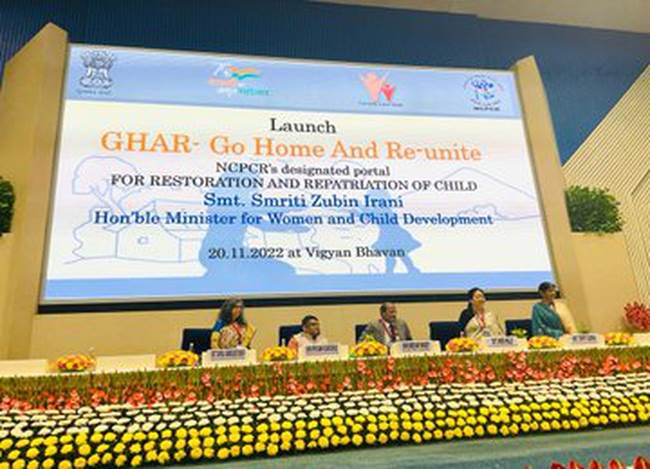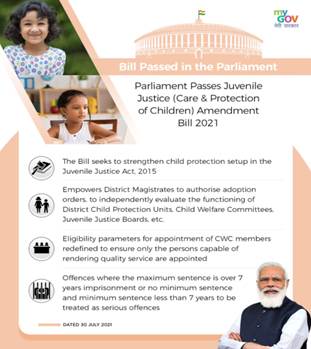Free Courses Sale ends Soon, Get It Now


Free Courses Sale ends Soon, Get It Now



Copyright infringement not intended
About
Juvenile Justice Act, 2015
.jpg)
Juvenile Justice (Care and Protection) Amendment Act 2021

Copyright infringement not intended
National Commission for Protection of Child Rights
Functions of the National Commission for Protection of Child Rights;
https://www.pib.gov.in/PressReleasePage.aspx?PRID=1882217
https://t.me/+hJqMV1O0se03Njk9
© 2024 iasgyan. All right reserved